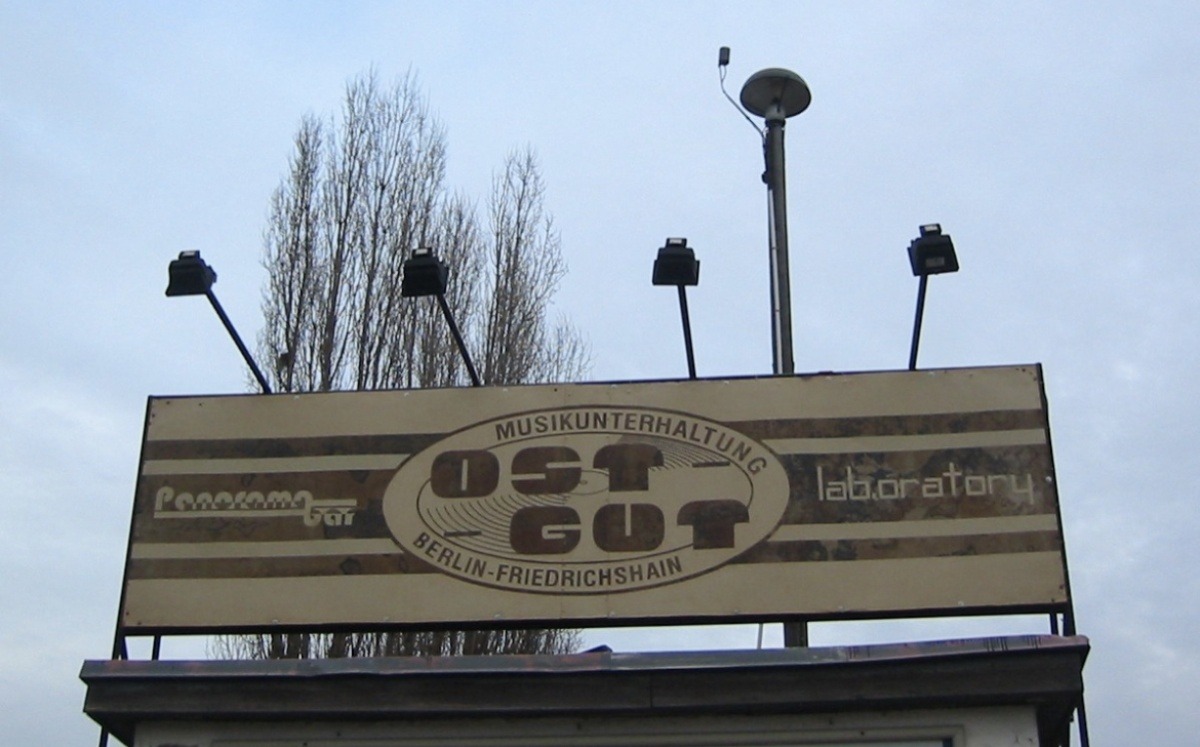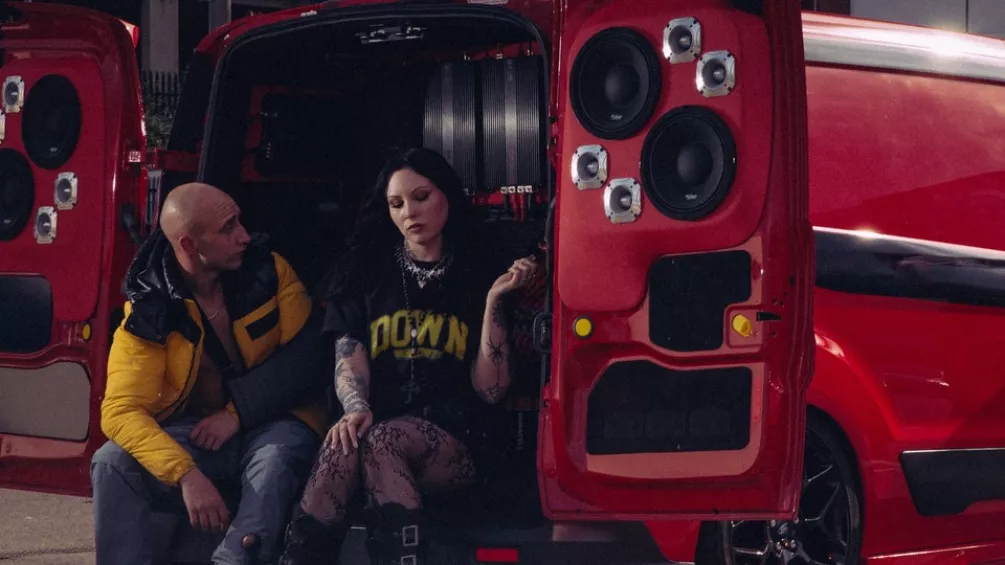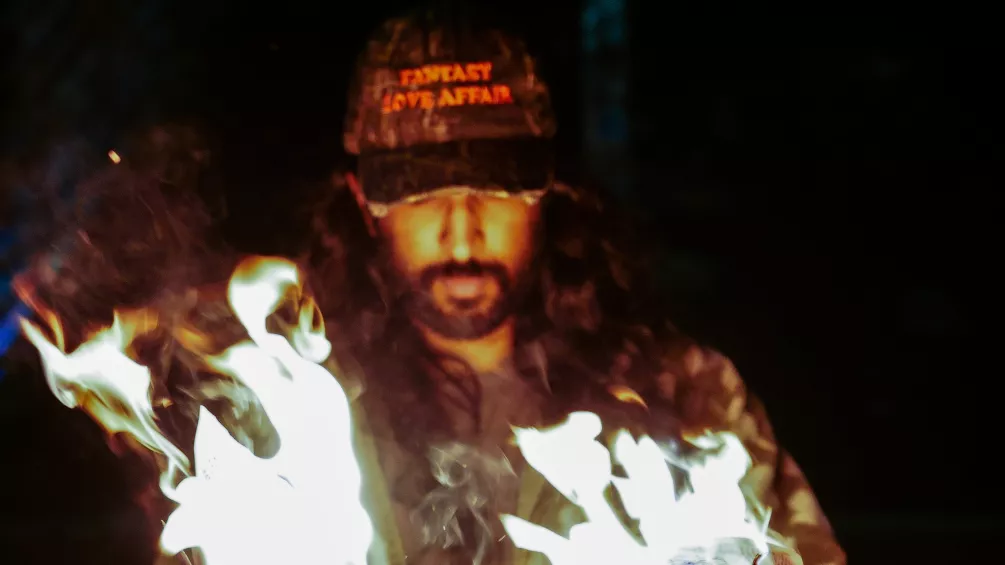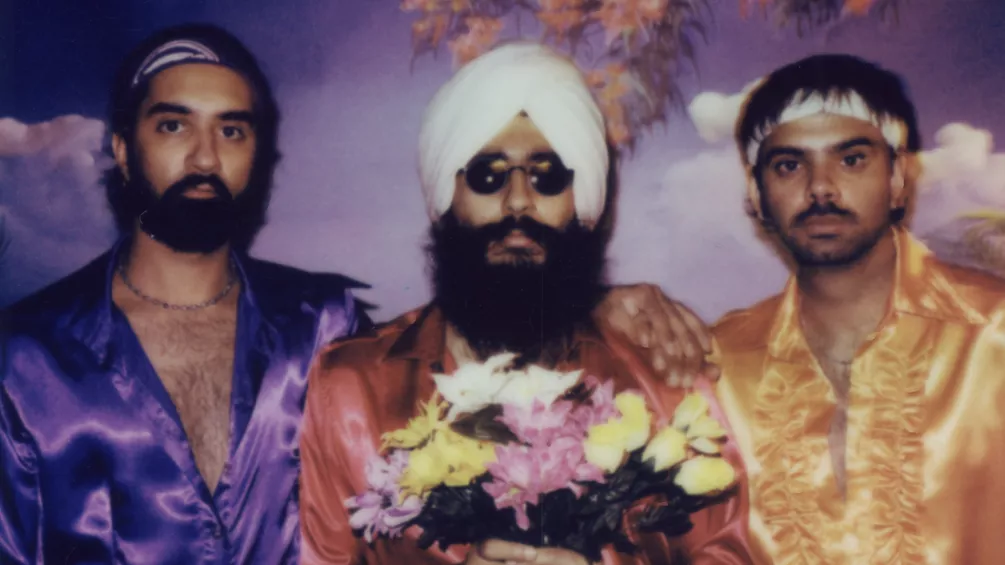
Berlin’s closed clubs documented in new berlinHistory app project
A new project has been launched by the app berlinHistory and Berlin Clubcommission documenting now-defunct clubs from the last 60 years of nightlife in the German capital.
In total, more than 80 venues that have shut are included the app’s ClubHistory section, ranging from focal points for the world famous punk community to some of the most definitive electronic music venues in the city’s storied legacy.
These include UFO, widely regarded as the first acid house venue to open in Berlin, gabber and hardcore haunt Bunker, “Berlin’s first queer art salon” Boudoir, and the original Ost Gut-Panorama Bar. More recent venues include New Wave institution Cookies, tech den Chalet, the micro house haven Farbfernseher, and riverside rave destination Griessmühle.. The public is also invited to put forward missing addresses that should be added.
Users can choose to explore a complete list of clubs, or focus on the historic East and West, with insightful introductions explaining the political, social, and cultural relevance of parties in the city’s two halves. East Berlin has less entries as a result of restrictions enforced by the Communist DDR government, in power from 1949 to the fall of the Berlin Wall in 1989, but the likes of Schoppenstube — a queer safe space that ran from 1963 to 2013 – offer a fascinating insight into the resilience of subcultures even in notoriously oppressive periods.
In addition to venues, wider themes are also addressed in standalone sections, including a short feature on Berlin’s LGBTQIA+ scene, tracing roots right back to the passing of impunity laws for homosexuality in 1929, a huge achievement rendered irrelevant with the rise of the fascist Nazi party in the following years. Bringing things up to date, a separate part of the app lays bare the difficulties now facing the city’s clubs as a result of gentrification.
Revisit DJ Mag’s long read on attempts to have Berlin techno inscribed to the UNESCO Intangible Cultural Heritage Convention, partly in a bid to safeguard venues.





